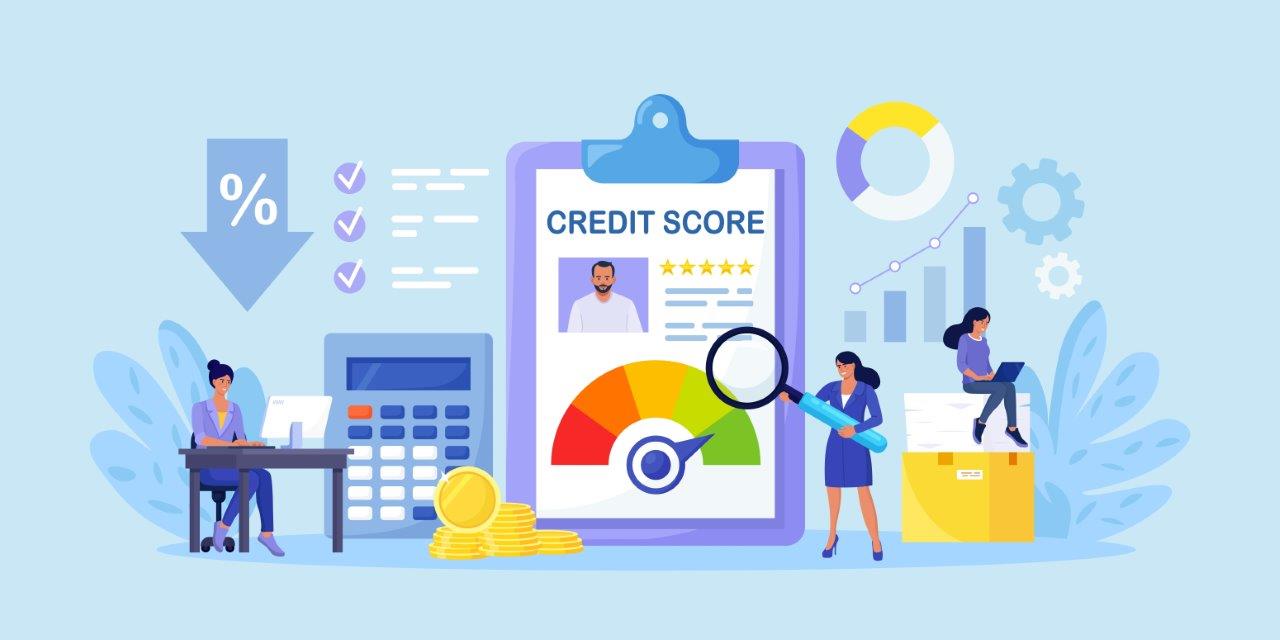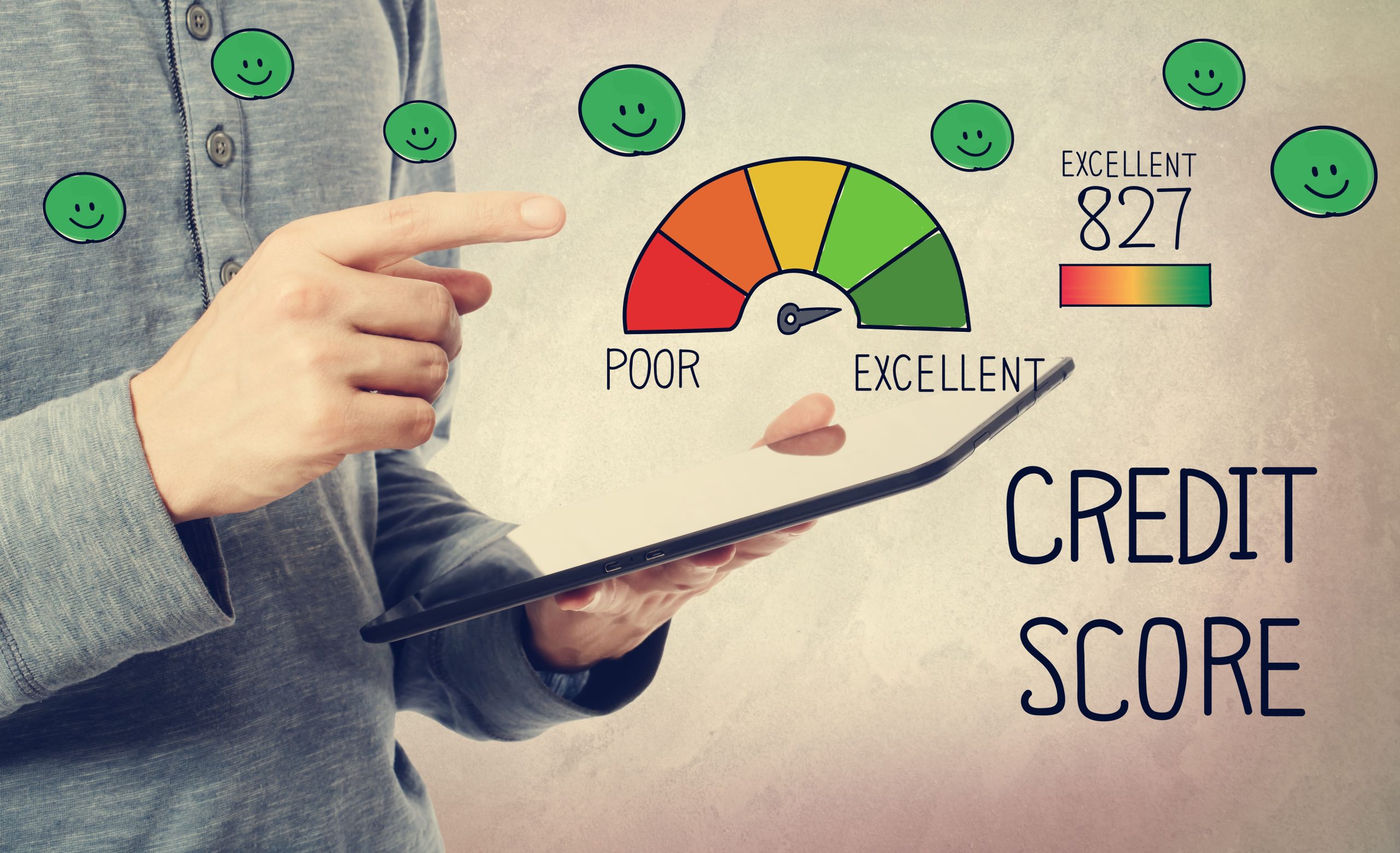Difference Between Your Credit Score and Credit Report

Credit score and credit report are among the most talked about topics in the world of finance and banking. Every time you open a payment app or visit a banking or fintech website, you find the suggestion to check your credit score and banks say to read your credit report attentively. So, what is a credit score and credit report and is it worth the importance it is getting? The answer is yes! Credit score, a three-digit number lying between 300 to 900, and credit report, your complete financial report is all worth the hype.
What is a credit score?
Your credit score is your creditworthiness. Based on the calculation of your past credit history and financial information, your score gets calculated. The higher your score, the better your creditworthiness is and vice-versa and so does a loan borrower consider you for lending the loan you applied for. A score above 750 is mostly considered a good credit score and is accepted by most financial institutes to move forward with your loan. Your credit score is calculated by the authorized and licensed credit rating agencies and is based on the following five factors:
1. Payment history
2. Credit utilization
3. Length of credit history
4. Credit mix
5. Number of credit accounts recently opened.
What is a credit report?
A credit report or Credit Information Report (CIR) is your, i.e., borrower’s, detailed summary of credit information which results in your credit score. The information includes the number of credit cards you are using, the number of active loans in your name, overdraft facilities, the number of loans you have applied for, and even your loan repayment behavior. The report consists of six sections including information regarding your
1. Credit score
2. Personal information like name, age, Permanent Account Number
3. Contact details like address, contact number, email IDs
4. Employment details
5. Your credit account details
6. Information about the credit inquiries made
Credit score and credit report are different
The names, credit score and credit report, in themselves, signify the difference between the two. While the score signifies your result, the report shows your detailed positive and negative financial decisions made. But apart from the detailed score and report provided, the two differ in various other aspects.
• Your credit score is the mirror of your creditworthiness considered by financial institutions, but it is the result that you can check regularly and work on improving. However, your credit report is viewed and studied by financial institutions before moving ahead with your credit application, even if you have a good credit score. The report helps the lender get a comprehensive account of your credit history.
• When you generate a credit score, your score might differ with changes in the credit rating agencies. One agency could say your credit score is 780 and another may say it is 810. This happens because of the different credit score calculation formulas used by different agencies which may be unknown to you. But when you generate a credit report, you get the complete details about each section and can report to the credit rating agency for any inaccurate information in your credit report.
• A credit report is mostly accessed and used by loan lenders to understand loan applicants and learn more about their credit behavior. Even you can generate your credit report from a banking or credit rating company to learn about your opened or closed credit and factors affecting your credit score. However, your credit score is the mirror of your credit behavior and is most helpful to keep track of it.
While an 18–20-page credit report shows your whole credit history, a credit score below 685 is hard to justify in front of a lender. But checking your credit score regularly and working on it to improve is an easy task. A good credit score not only helps you get your loan application processed easily but also helps you earn a low-interest rate on the loan amount. So, while it is always advisable to read your credit report once in 6-7 months, you should check your credit score regularly and take advisable steps to boost your credit score. You can easily check your credit score for free with SahiBnk on both the platforms, website and app.
Other blogs

Features Of Kisan Credit Card
There is no if and but attached to the point that agriculture is the backbone of the Indian...

Short-Term Personal Loan Holding Your Long-Term Goals
Has it ever happened that you are at the end of your car-buying journey, suddenly your budget...

ABCs of Credit Scores: The Comprehensive Guide to Financial Well-Being
How was your experience when you, for the very first time, applied for a loan? Was it approved in...

4 Reasons Why Credit Cards Are Important For Your Financial Health
Get a credit card? A financial trap. Ask your parents or grandparents and you will get to hear...

Home Loan Prepayment, A Wise Decision?
Owning our own home is a dream of every Indian. A place where everything belongs to the self, a...

How Does a Good Credit Score Affect Financial Decisions?
When it comes to applying for a credit card or a loan, each factor matters. And each factor plays a...

Why Is It Better To Take A Loan From A Bank Rather Than A Money Lender?
India is the country where most of its population depends on farming and small businesses. About...

FinTechs Empowering Farmers: Digitizing Kisan Credit Cards and Streamlining the Loan Process
India is a country where 50% of the population is largely dependent on agriculture for their...

 English
English 


